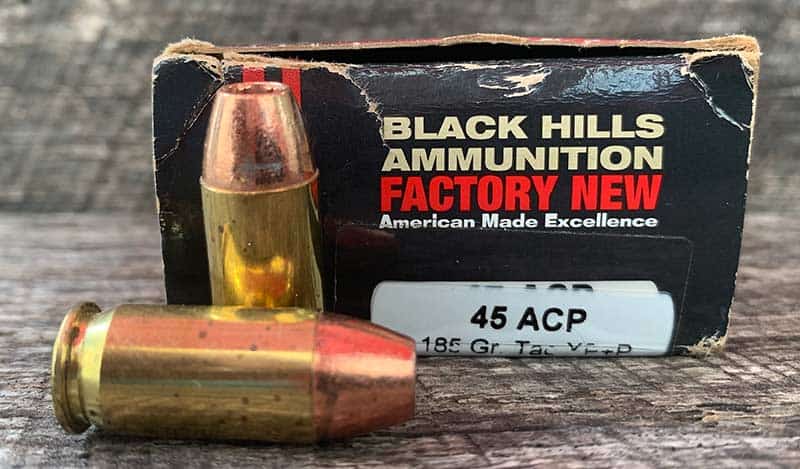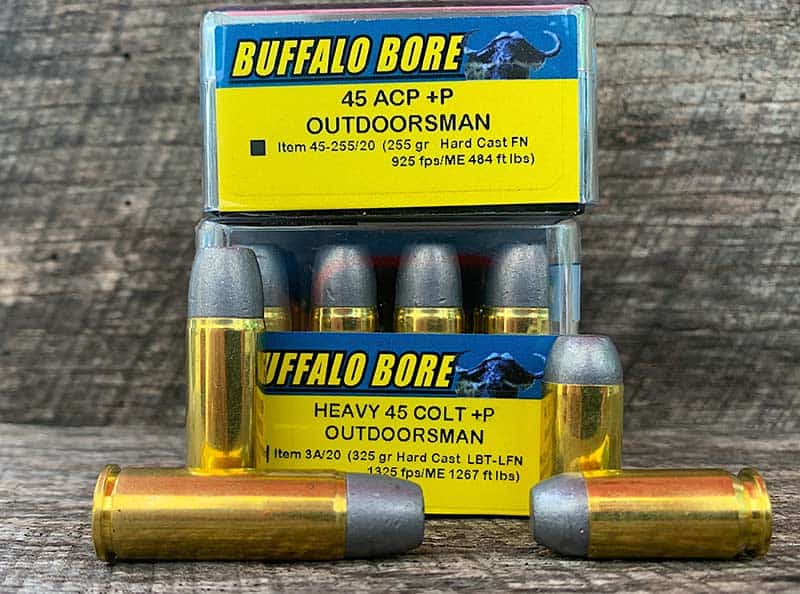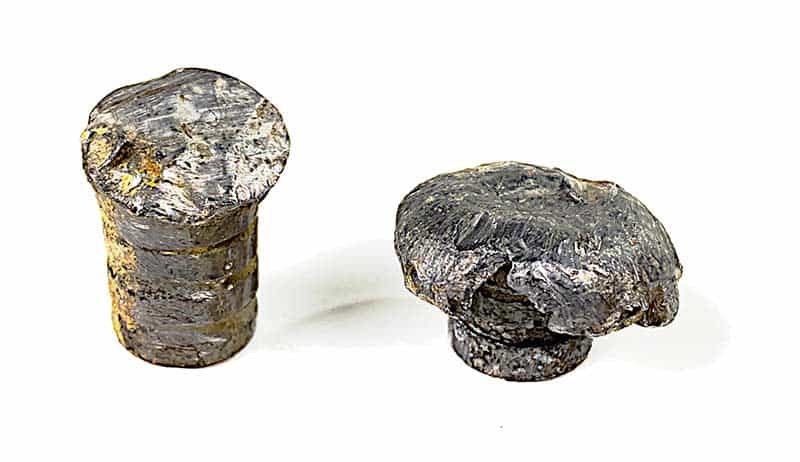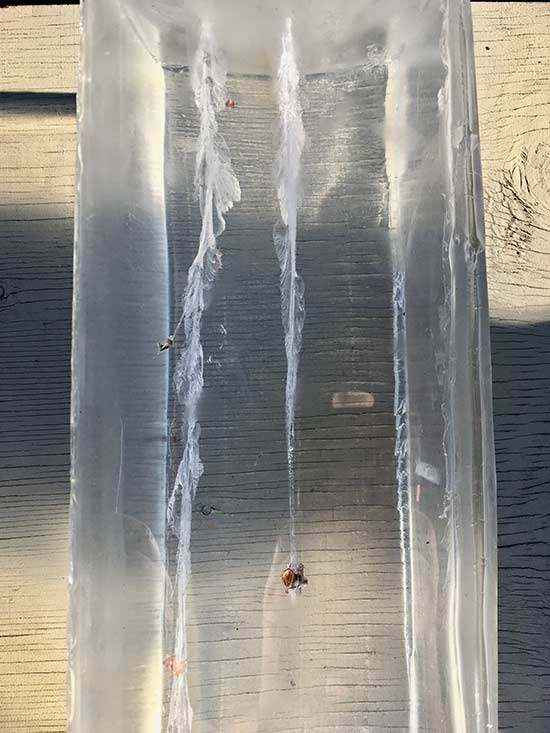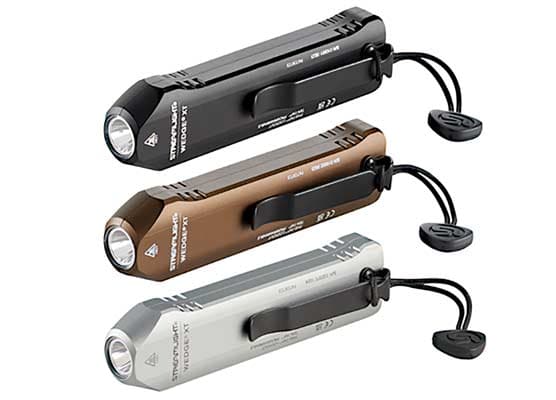Does The Perfect Bullet Exist?
If we could design the perfect bullet, we’d have them performing miracles. Perfect bullets would never miss what we’re shooting at! How’s that for a requirement? Besides never missing, we’d ask our bullets of being capable of deep penetration, while expanding to at least triple their original diameter. We all want a large, permanent wound channel, right?
For close shots, we’d want our bullets tough enough so they wouldn’t blow-up on impact, yet malleable enough to still expand on longer shots. That’s not asking too much is it? In other words, we want bullets performing perfectly for every possible situation.
One thing for certain, there’s no absolutes in bullet performance. Hell, there’s no absolutes in life! I’ve learned over the years we need to pick our bullets as carefully as our dogs, guns, and trucks, for their intended purpose.
Self-Defense
For self-defense encounters, which usually occur within spittin’ distance, we want maximum expansion providing large, permanent wound channels capable of neutralizing our threat. The faster, the better! We also don’t want over-penetration, possibly hurting innocent bystanders. Yet, the bullet needs to be capable of penetrating a heavy winter coat, or leather jacket. Something else to consider given your locale.
Jacketed lead-core hollow-points, or all copper bullets are effective in these scenarios. Lehigh Defense, Black Hills HoneyBadger or Barnes Tac-XP bullets — with their patented all-copper design — are highly effective. The copper alloy bullets are lighter than lead, allowing them to be driven faster, for better secondary wound channels and hydrostatic “shock” upon impact. Despite their lighter weight, they still penetrate deeply with their patented designs.
Hunting
Hunting bullets have the toughest job due to the many different scenarios faced in the field. Shots can be anywhere from 15 to over 400 yards. I know some shoot twice these distances, but they are the exception. Again, the bullet needs to be tough enough to penetrate during raking shots, yet not blow-up on close shots. It needs to be capable of expanding for increased wound channel.
Hunters want two types of traits in a bullet. Some don’t want the bullet to exit, saying they want all the bullet’s energy dumped into the animal, while others want complete penetration. I follow the second school of thought, wanting both an entrance and exit hole. Two holes bleed twice as much and let in twice as much air for those sucking chest wounds, leading to a faster demise from the animal, which is what we all want.
Other considerations are of the game itself. Is it thick or thin skinned? Is it dangerous game where it can possibly hurt/kill you, such as bears, Cape buffalo, or lion? This is why many professional hunters use nothing but “solids” for dangerous game.
Cast Bullets?
It’s amazing how many dangerous game guides carry cast bullets in there sidearms. The humble cast bullet is indeed versatile. When it comes to simple penetration, cast is king, when using hard cast slugs. Hollow Points slugs, with softer alloy will expand with the best jacketed hollow-point bullets around.
Buffalo Bores “Outdoorsman” series of ammo is highly effective in both the game fields and streets. Loaded “hot” the large meplat, or flat nose, in either semi-wadcutter or radiused flat-nose design, hit hard, drive deep and produce large wound channels. Bullet alloy and heat treating provide a wide range of hardness levels for cast bullets, depending on what traits you are looking for
Wrap-Up
If there’s anything I’ve learned over the years, there is no such thing as the perfect bullet. Strange and weird things happen on the streets and in the fields every day. My best advice? Play the odds for what you think you’ll likely encounter. While life is full of surprises, common sense can carry you to safety. Think about what you’re likely to face, and choose your gun, caliber and ammo accordingly.
A little bit of thought will go a long way to performance. Constantly educating yourself by reading and training from competent sources will help in your choices. Go to training centers like Gunsite Academy or Thunder Ranch.
Many of you won’t like this statement but finding the perfect bullet is like your own welfare, it’s entirely your responsibility.


